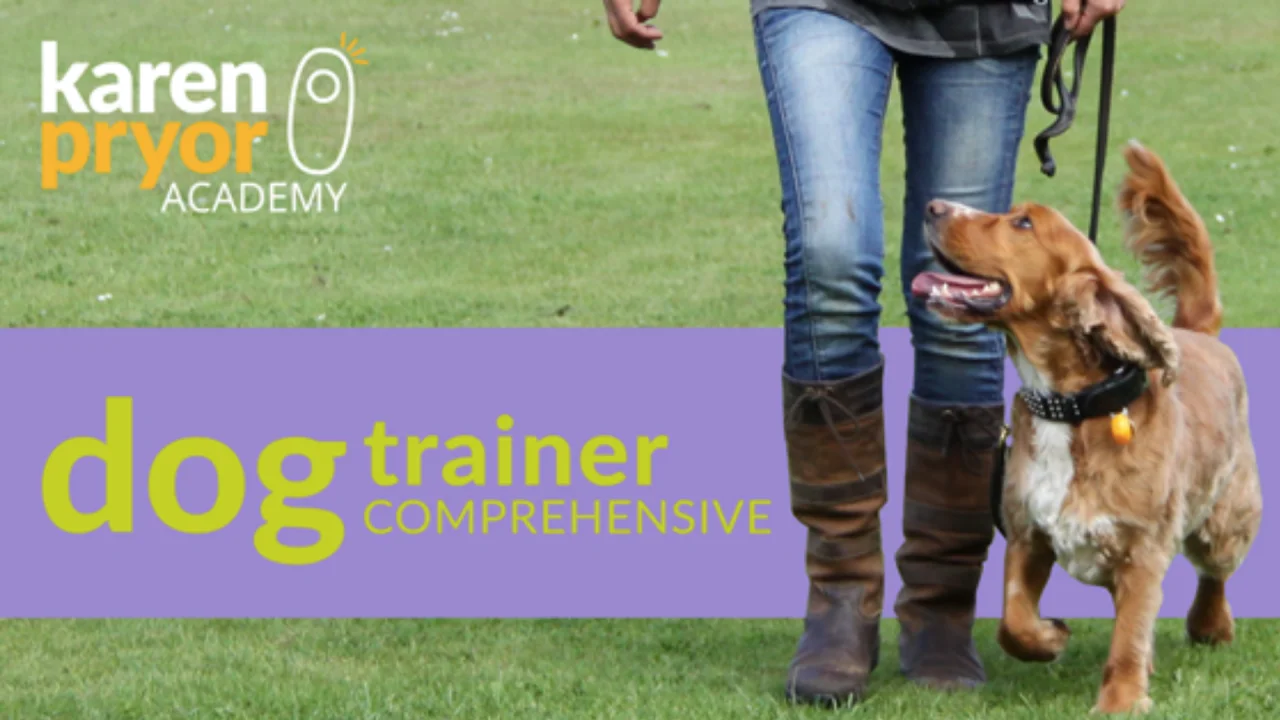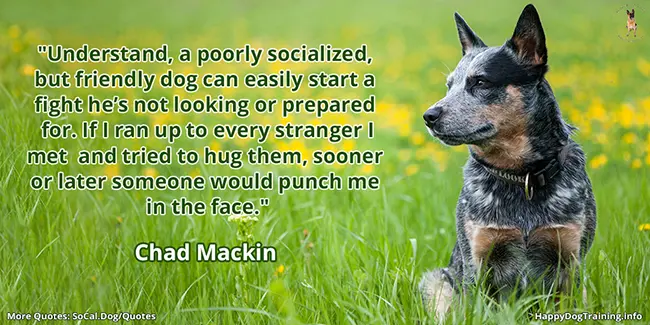Expert Insights on Dog Training Charlotte NC: Change Your Pup Today
Expert Insights on Dog Training Charlotte NC: Change Your Pup Today
Blog Article
Unlock Your Pet's Prospective: Proven Pet Training Approaches for Success
Reliable pet training is a nuanced procedure that pivots on understanding canine behavior and using scientifically backed approaches. By integrating favorable support, developing clear commands, and prioritizing socializing, canine owners can cultivate a productive connection with their family pets.
Comprehending Pet Habits
Comprehending pet dog behavior is essential for effective training and cultivating a favorable partnership in between canines and their owners. A detailed grasp of canine body movement, vocalizations, and social interactions is crucial for acknowledging their requirements and emotions. Pets interact mainly through non-verbal cues; as an example, a wagging tail may suggest enjoyment, while pinned ears can indicate fear or entry.

Furthermore, environmental variables play a substantial role fit a pet dog's actions. Adjustments in routine, brand-new surroundings, or the existence of unfamiliar individuals can result in stress or stress and anxiety in dogs. Identifying these triggers makes it possible for owners to minimize negative reactions and develop proper training approaches.
Ultimately, a deep understanding of pet habits lays the foundation for effective training techniques, enhancing both behavior and the total bond in between the canine and its owner. Dog training. This understanding is indispensable for fostering a well-adjusted, pleased canine buddy
Positive Reinforcement Methods
Effective training relies greatly on favorable reinforcement methods, which have been revealed to generate significant lead to shaping preferred actions in pets. This strategy entails awarding a pet dog for showing specific behaviors, therefore increasing the probability that these habits will be duplicated. Incentives can take different kinds, including treats, praise, playthings, or playtime, relying on what inspires the individual pet dog.

It is important to slowly terminate rewards as the pet learns the actions, transitioning to intermittent support. This method keeps the actions in time while avoiding dependence on constant incentives. By focusing on favorable support, fitness instructors can grow a trusting partnership with their pet dogs, advertising a healthy and participating training atmosphere that improves general obedience and performance.
Establishing Regular Commands
An essential element of effective canine training is the facility of regular commands. Consistency in commands is critical for efficient interaction in between the fitness instructor and the pet dog. When commands are uniform, dogs discover to link particular words with desired behaviors, which speeds up the training procedure and improves understanding.
To establish regular commands, it is necessary that all relative use the same terms and motions. For example, if someone utilizes "rest" while an additional says "take a seat," it can create complication for the pet dog. Select clear, distinct words for commands and guarantee everybody entailed in the canine's training adheres to these options.
In addition, repetition is key. Reinforce commands via constant technique, ensuring that the dog obtains enough chances to respond correctly. When a dog efficiently follows a command, prompt positive reinforcement must comply with. This might be in the form of deals with, praise, or playtime, strengthening the connection between the command and the activity.
Last but not least, hold your horses. Developing consistent commands requires time and effort. With commitment and quality, you will assist your dog create a strong understanding of assumptions, ultimately causing a well-behaved buddy.
Socializing and Exposure
Mingling a pet dog is crucial for fostering a well-adjusted and certain companion. This process involves revealing your pet dog to a range of environments, people, and various other animals to develop their social abilities and versatility. Early socializing, ideally in between the ages of three to fourteen weeks, is important, as it prepares for a canine's future behavior.
Throughout socializing, purpose to provide positive experiences in various setups, such as parks, busy roads, and homes with various other pet dogs. Introduce your pet to various stimuli, consisting of audios, sights, and scents, making sure that each encounter is fulfilling. This exposure aids alleviate worry and stress and anxiety, paving the method for a much more durable pet dog.
Taking part in controlled team play sessions with other dogs can additionally enhance social abilities, showing your pet dog ideal interactions and boundaries. Constantly monitor your canine's convenience degree throughout these experiences, slowly increasing exposure as their self-confidence grows. Remember, the goal is to develop an all-round animal that flourishes in diverse circumstances, promoting a harmonious connection with both humans and various other pets. Focusing on socializing will substantially add to your click pet dog's overall happiness and behavior throughout their life.
Overcoming Common Training Obstacles

One more regular problem is disturbance. Canines might struggle to focus in busy or unknown settings. Gradually desensitize your pet dog to diversions by starting training in a peaceful setting and slowly introducing more stimuli as they become skillful (dog training near me). Positive support techniques, such as deals with and praise, can preserve motivation and focus.
Additionally, behavioral issues like jumping or excessive barking can come to be discouraging. Address these by showing alternative habits, such as sitting steadly when greeting guests. Consistency and patience are essential; strengthen desired actions consistently and stay clear of scolding, which can lead to confusion.
Lastly, recognize that each pet dog is one-of-a-kind, and training timelines might vary. Tailor your technique to your dog's private needs, and seek expert assistance if necessary. With determination and the ideal approaches, getting over these challenges can result in a well-trained, satisfied canine companion.
Final Thought
Finally, unlocking a pet dog's possible necessitates a detailed strategy that includes an understanding of canine behavior, the application of positive support methods, and the facility of consistent commands. Early socialization and exposure to varied atmospheres better boost a go to website dog's adaptability and confidence. By dealing with usual training challenges with customized strategies and patience, a unified and cooperative connection in between dog and handler can be promoted, eventually causing a well-behaved companion efficient in growing in various situations.
Effective dog training is a nuanced process that hinges on recognizing canine habits and utilizing scientifically backed approaches.Comprehending pet dog actions is necessary for reliable training and fostering a positive partnership in between pets and their owners.Efficient training relies heavily on positive support strategies, which have actually been shown to generate significant results in shaping wanted actions in pet dogs. When commands are uniform, canines find out to associate certain words with preferred actions, which speeds up Learn More the training process and improves understanding.
In final thought, unlocking a canine's potential necessitates an extensive approach that integrates an understanding of canine behavior, the application of favorable support strategies, and the facility of regular commands.
Report this page